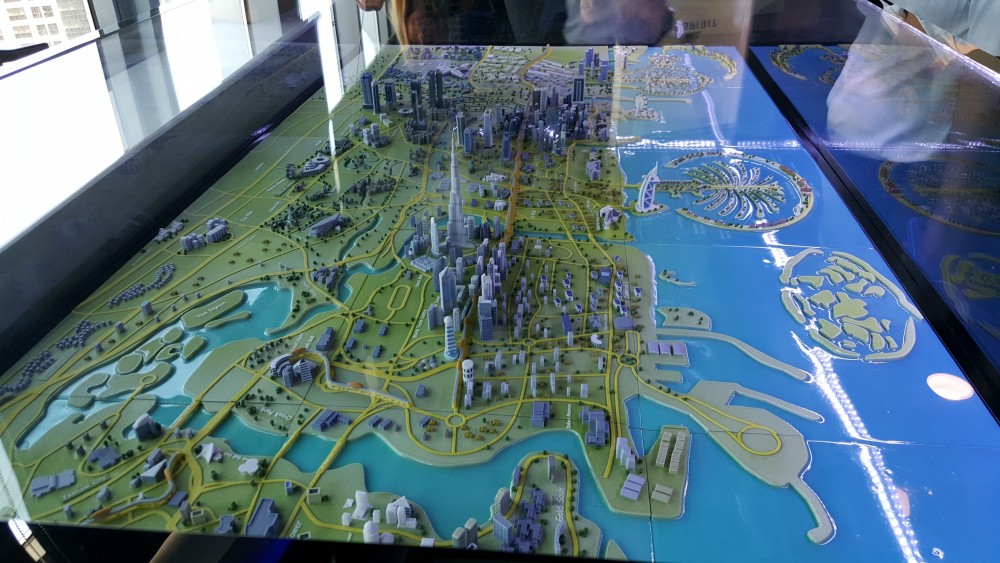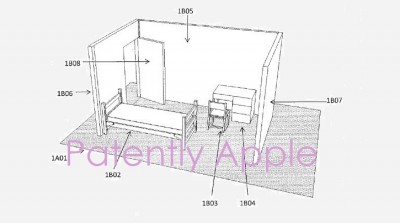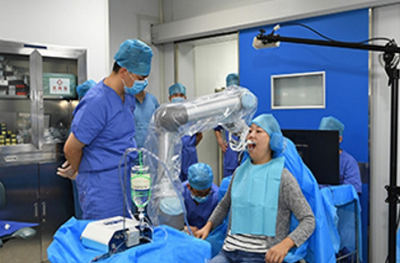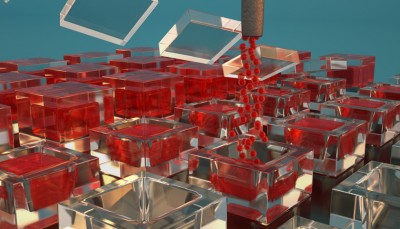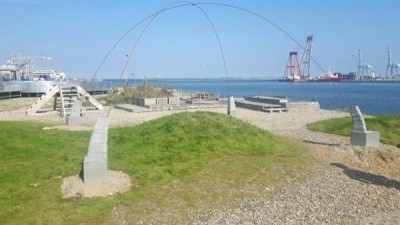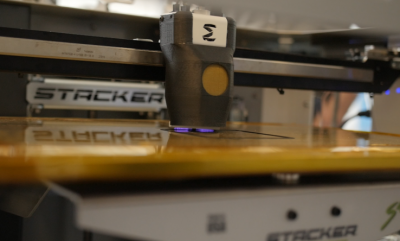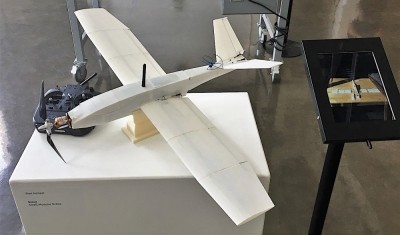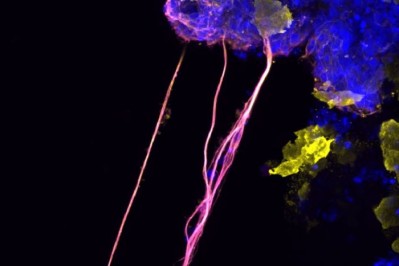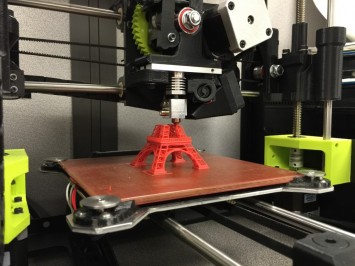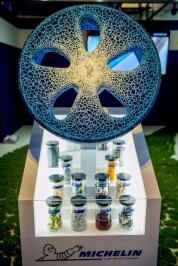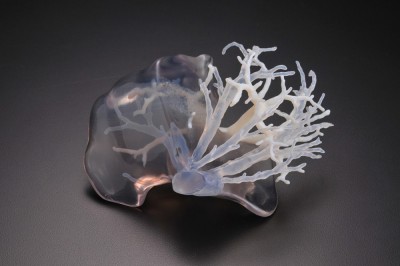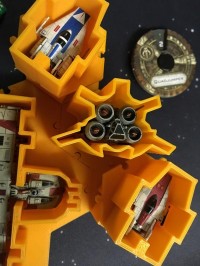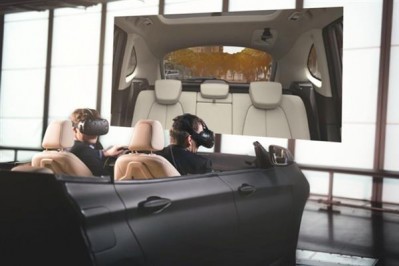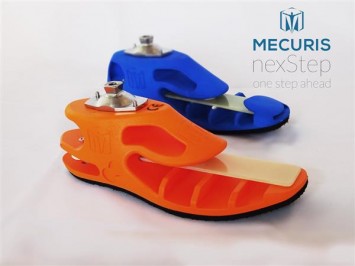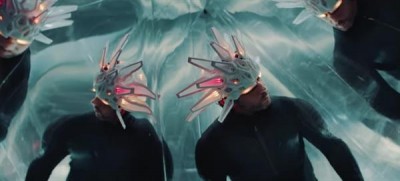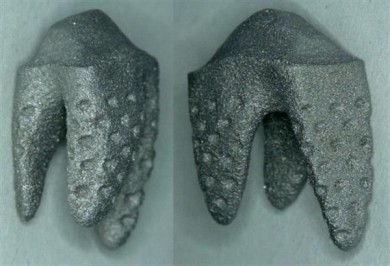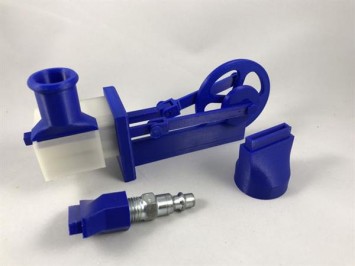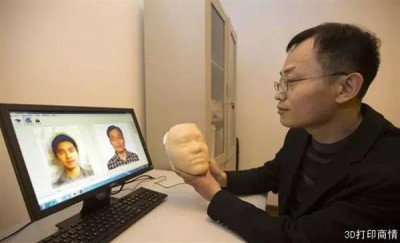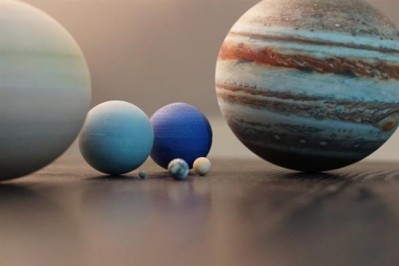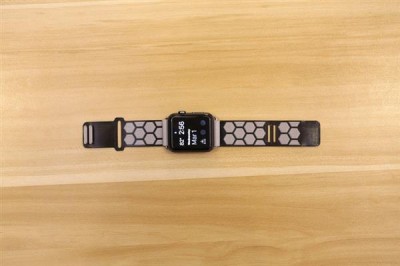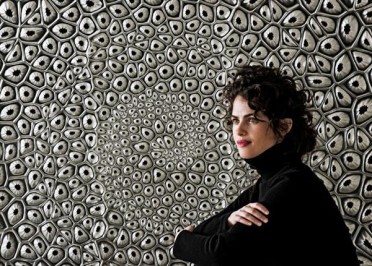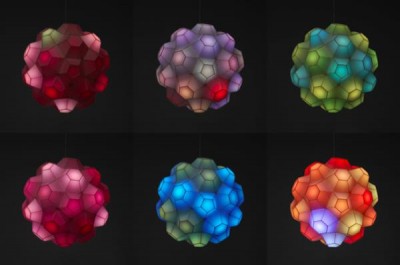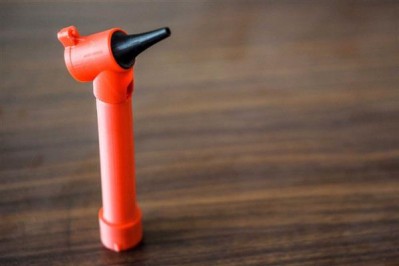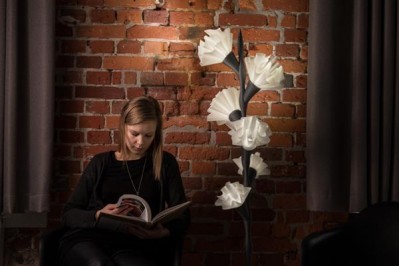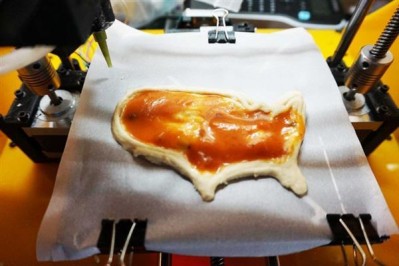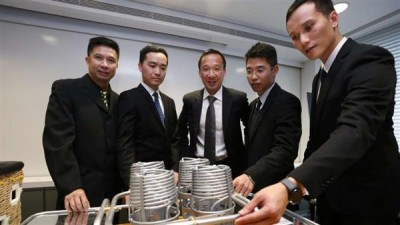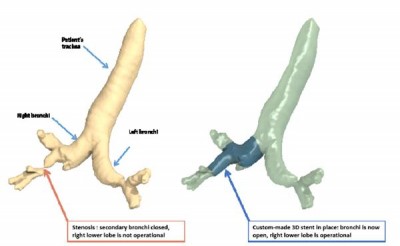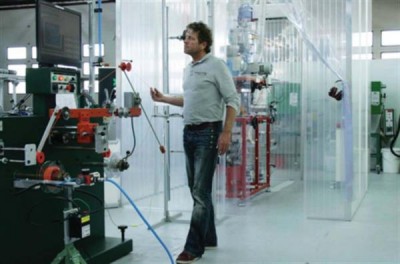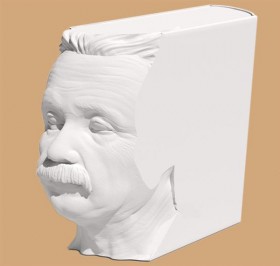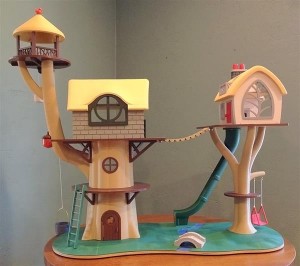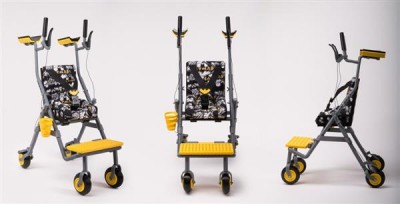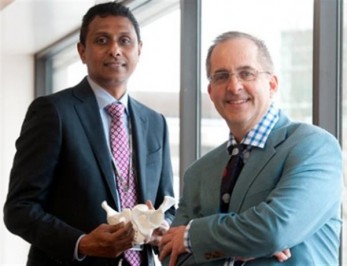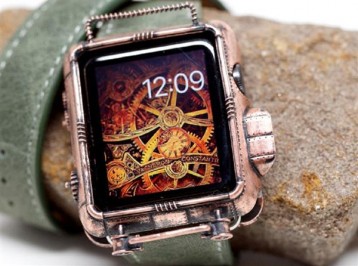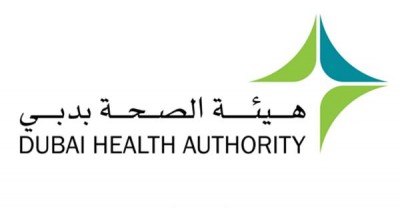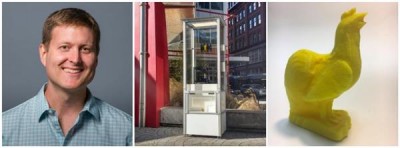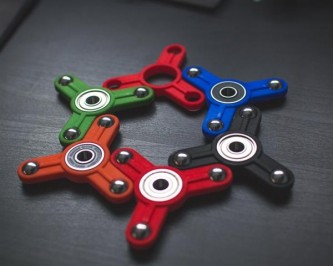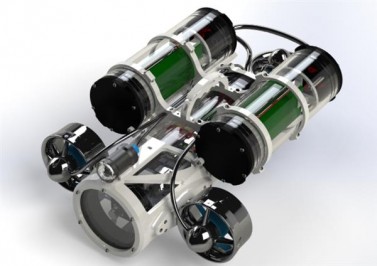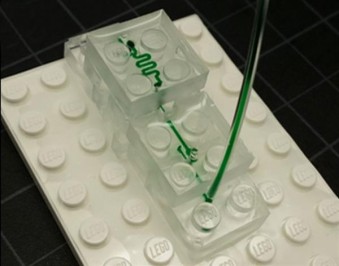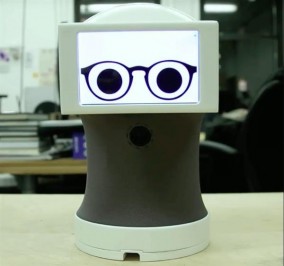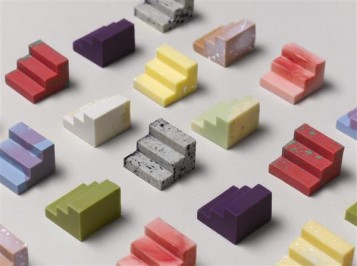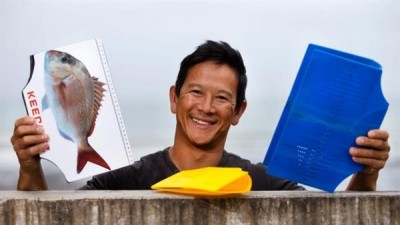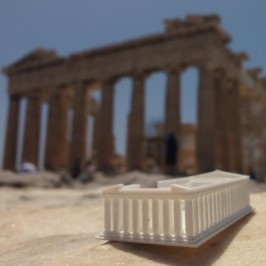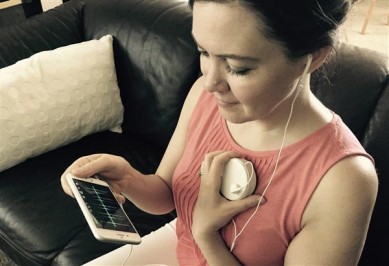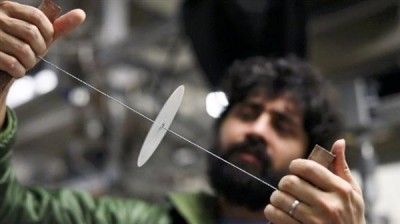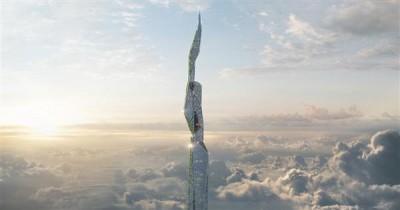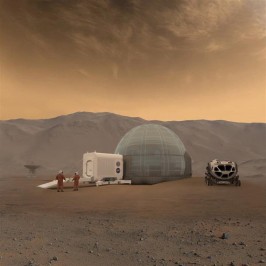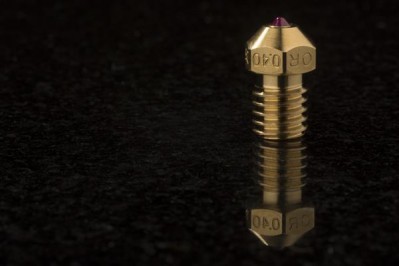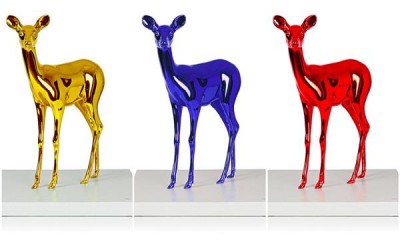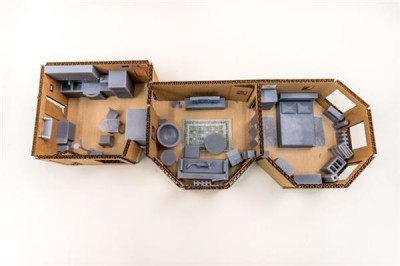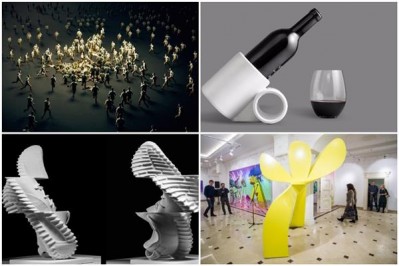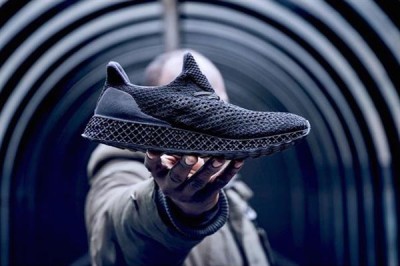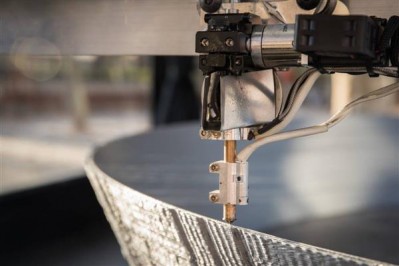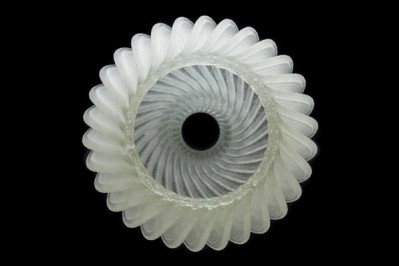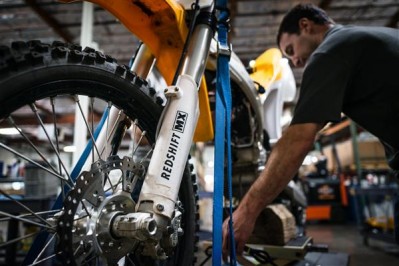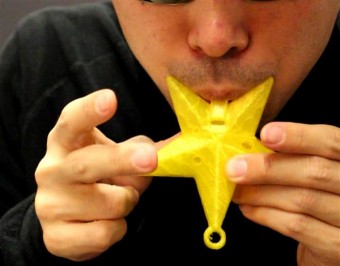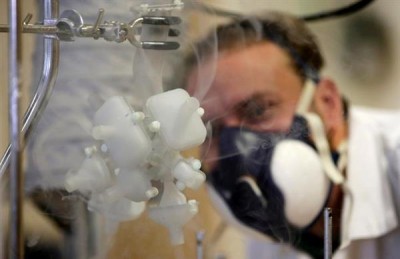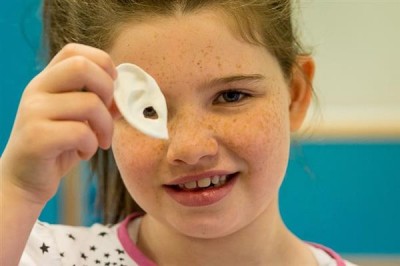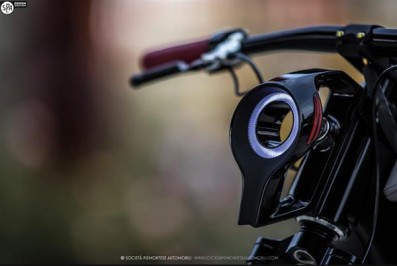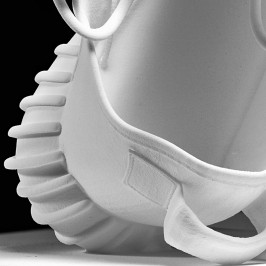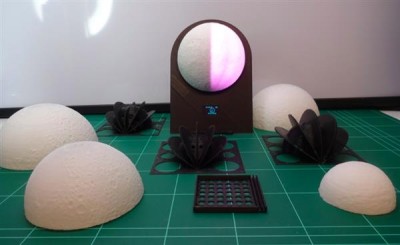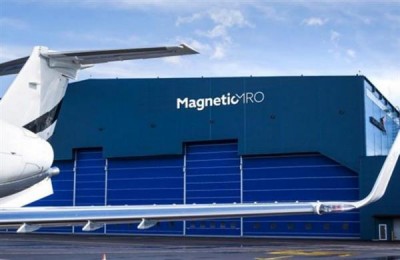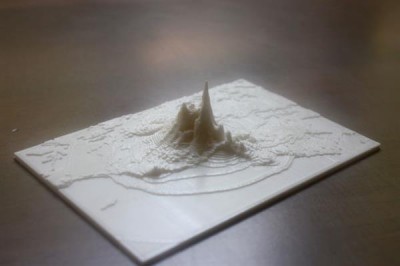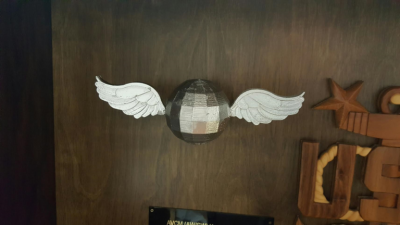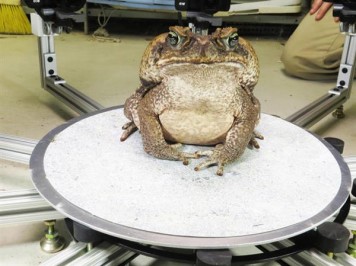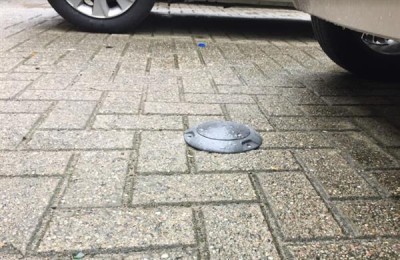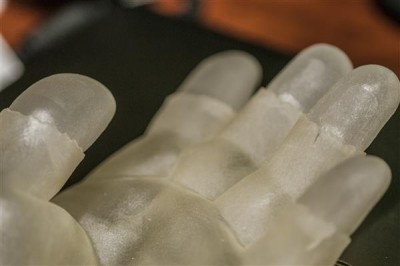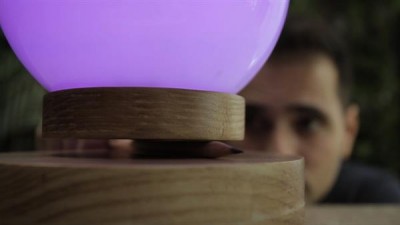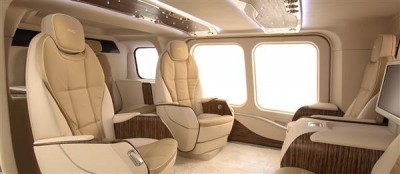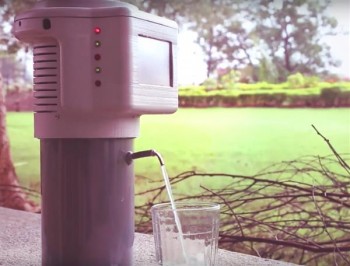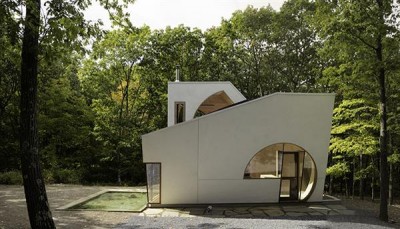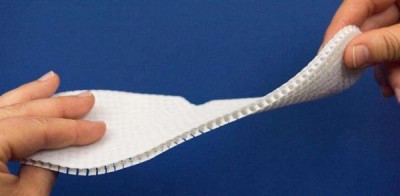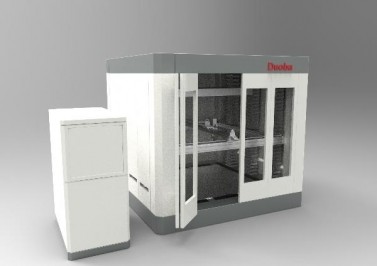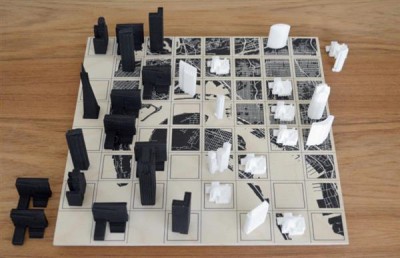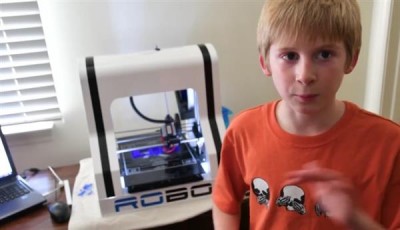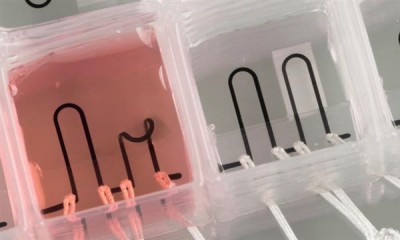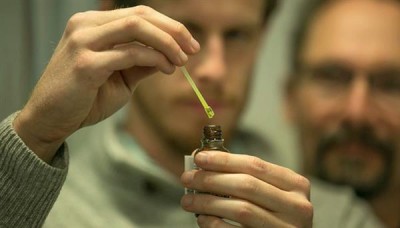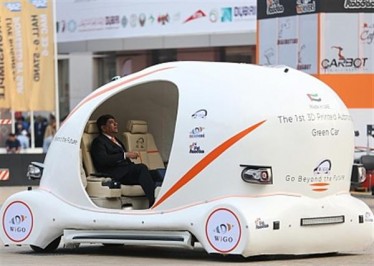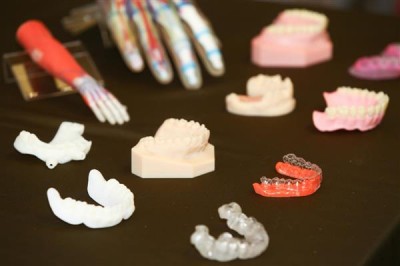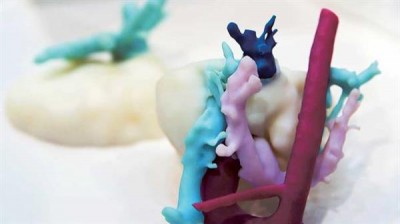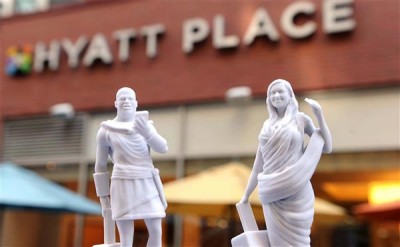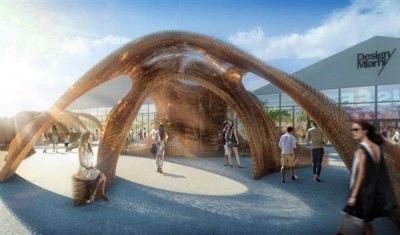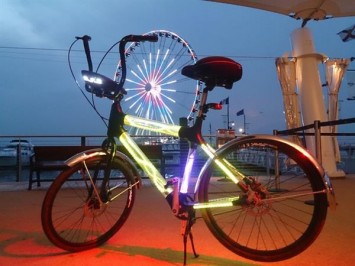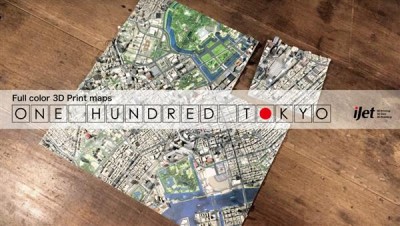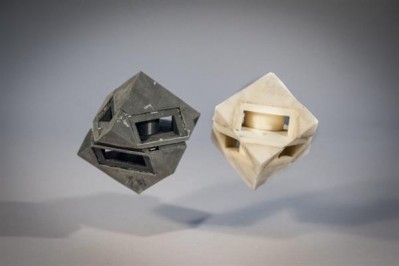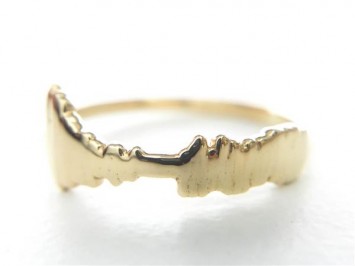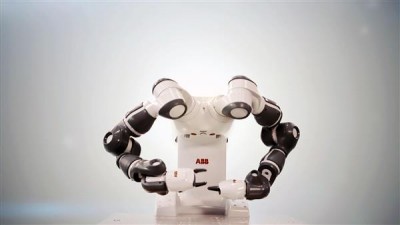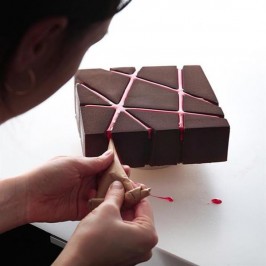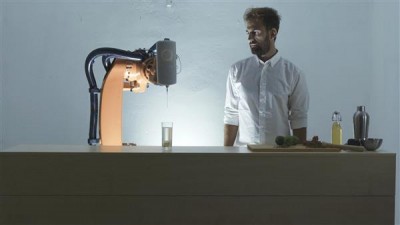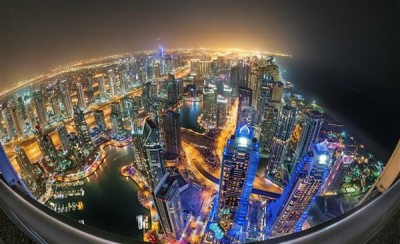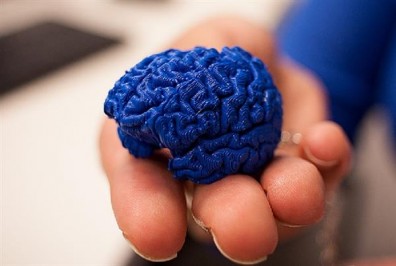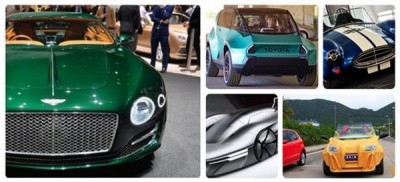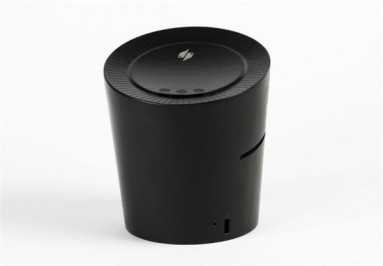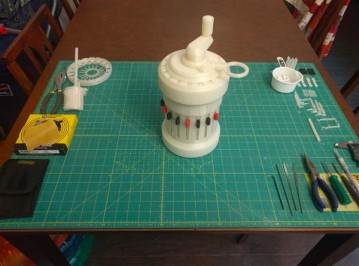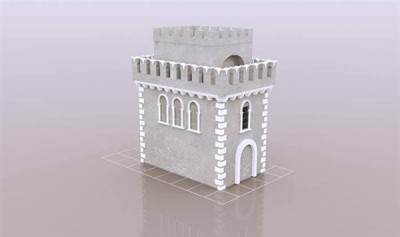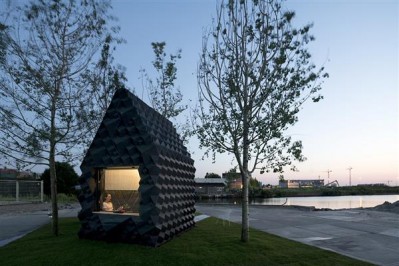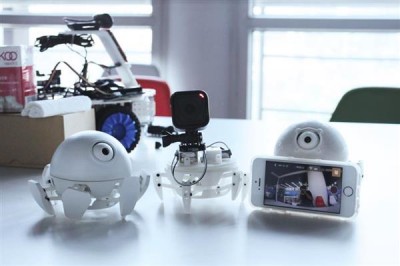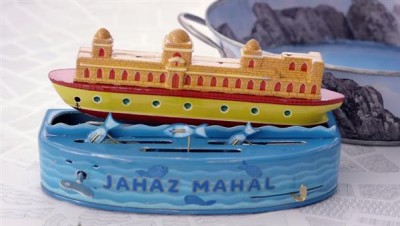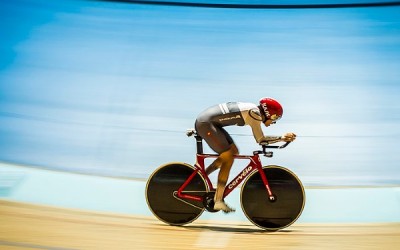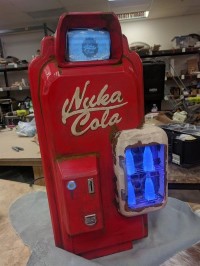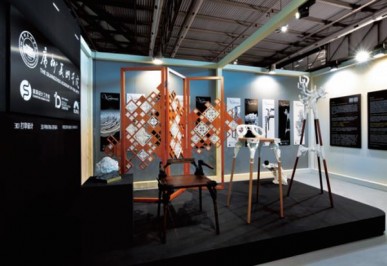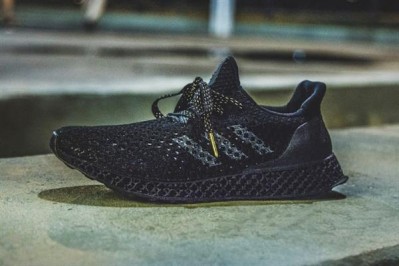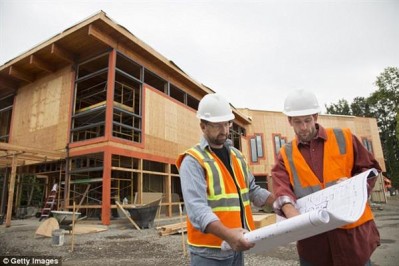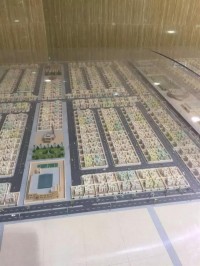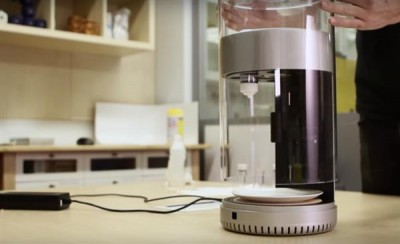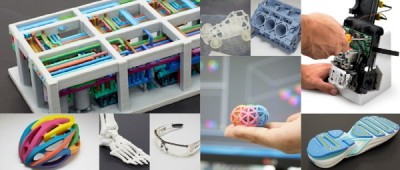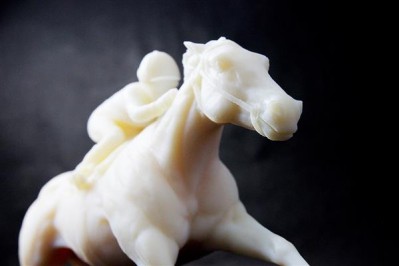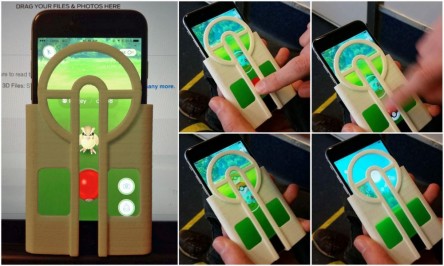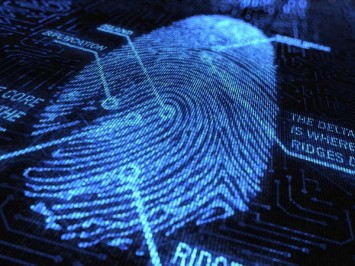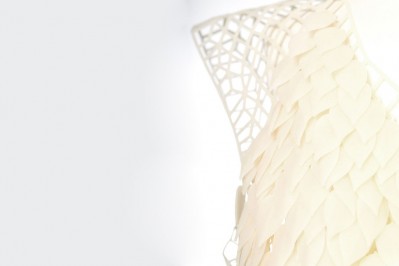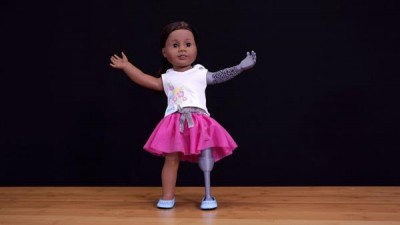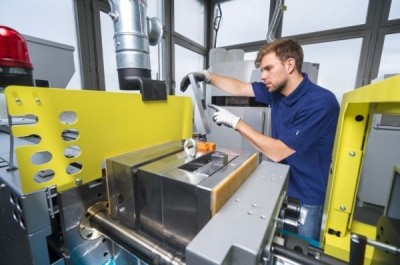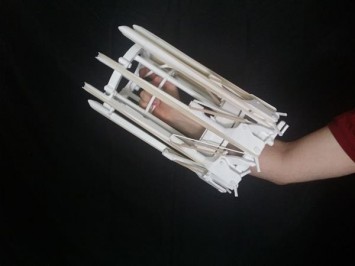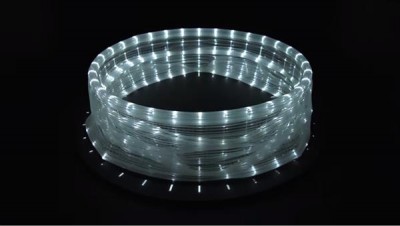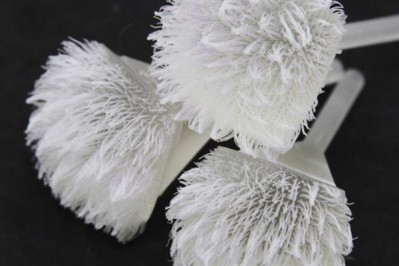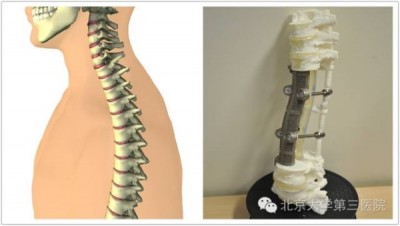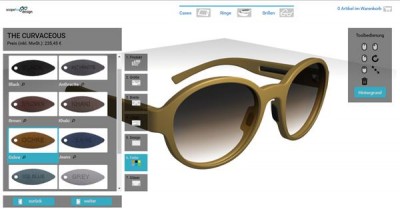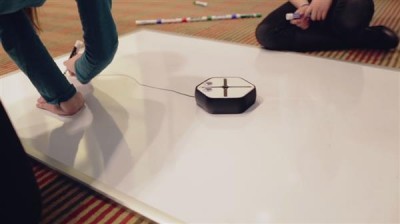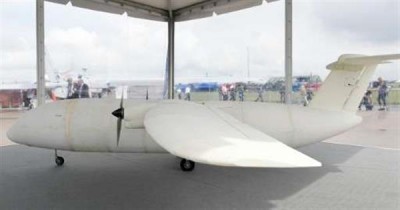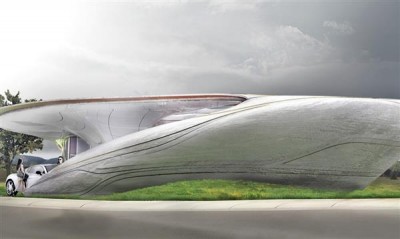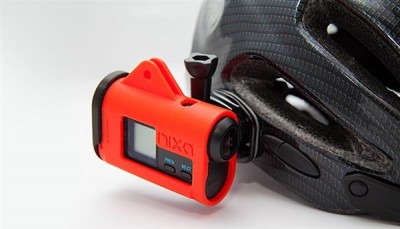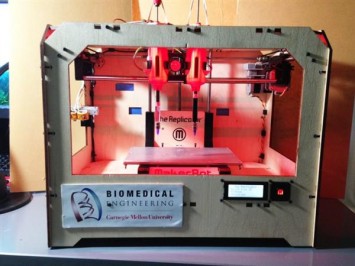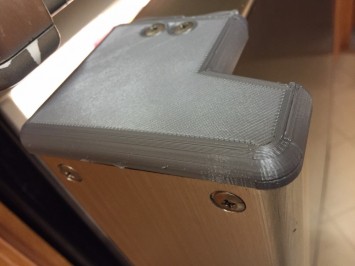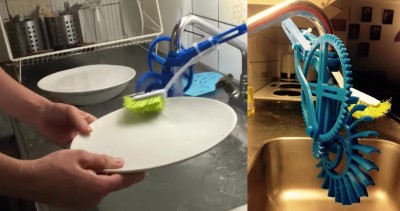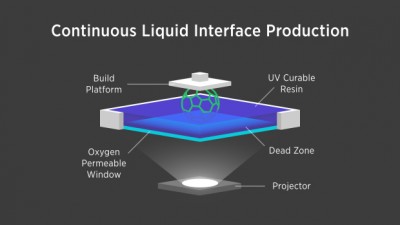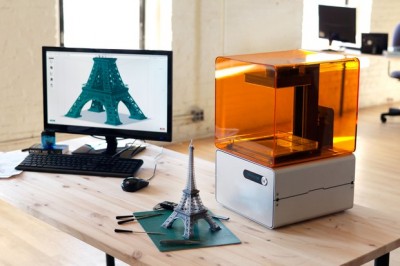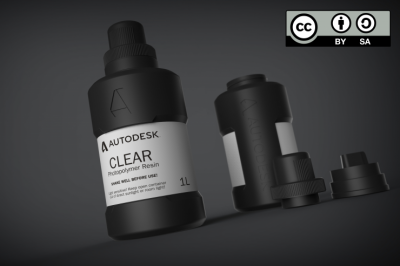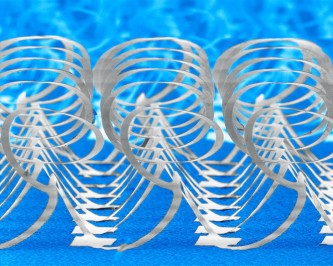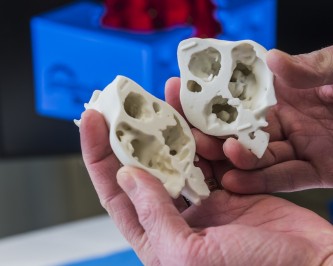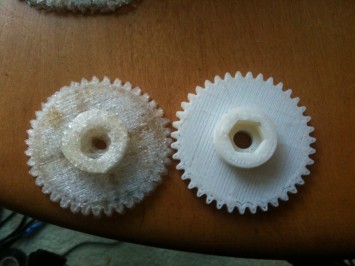The Emirate of Dubai is already rapidly becoming one of the most modern and wealthy cities on this planet, but its leaders are also eager to build up a reputation for being innovative pioneers of 21st century technologies. As a result, the Dubai Future Foundation has been sponsoring numerous high-tech enterprises, many of which involve 3D printing. But the Foundation is now raising the stakes with the Dubai Future Accelerators (DFA) initiative, which will support and develop innovative solutions for seven key sectors, including health and energy. 3D printing will play a prominent role in those initiatives and will, among others, reduce energy consumption by enabling sustainable production with recycled materials, such as sand.
These new initiatives will doubtlessly only contribute to Dubai’s reputation as being a staunch ally of 3D printing. Just a few months ago, the Emirate already unveiled their own Dubai 3D Printing Strategy, which aims to make the country the 3D printing capital of the world by 2030. As part of that strategy, 3D printing is already being brought to the construction, medical and consumer product industries, but the Dubai Future Foundation is now thus taking it one step further.
This new program was announced by Mohammad bin Abdullah Al Gergawi, Minister of the UAE Cabinet Affairs and The Future and Managing Director of Dubai Future Foundation. As he revealed, His Highness Sheikh Mohammed bin Rashid Al Maktoum, Vice President and Prime Minister of the UAE and Ruler of Dubai, and Crown Prince H.H. Sheikh Hamdan bin Mohammed bin Rashid Al Maktoum stressed the need to speed up the adoption of practical technologies. What’s more, they called for various government institutions to work together to achieve the targets of Dubai Future Accelerators.

Minister Al Gergawi.
As Al Gergawi explained, this new program will effectively consist of a support system for international businesses and startups that are most in-line with Dubai’s government strategies, and that can contribute to the most vital sectors on the government's agenda, “such as health, education, transportation, infrastructure, renewable energy, etc.” Through that support program, Dubai is seeking to attract the brightest and most innovative minds to sectors of strategic priority for the country, which will help to enhance the city’s position as a world leader in innovation.
The Minister went on to argue that the world’s major cities of the 21st century are facing serious challenges and opportunities that need to be studied in-depth and that can be dealt with by anticipating the rapidly changing future. He further stressed the importance of engaging with the emerging enterprise sector and bringing them together with R&D centers and innovators from all over the world, who can together form a supportive platform to create solutions for global challenges and possibilities.

He further said that innovative technological breakthroughs in the fields of AI, robotics, 3D printing, genomics, biomimicry and biotechnology are expected to play a huge part in that process. These will also require new business models and ways of working, and the Dubai Future Accelerator will help to develop those. Most importantly, they will also focus on deploying futuristic prototypes made through these technologies on a city-wide scale. “The Dubai Future Accelerator is the most ambitious program in the world. It is designed to link our most powerful and influential government leaders with the world’s most ambitious companies and entrepreneurs to create radical new solutions to change the world,” Al Gergawi argued.
While such programs are sometimes very ambitious and bold, but hardly focused, the Dubai Future Accelerator has already singled out seven key targets, as well as the government departments and some enterprises that will tackle them. For starters, the Dubai Electricity and Water Authority will be focusing on reducing water and energy consumption in the home and in professional environments, while the Dubai Roads and Transport Authority has been tasked with reducing congestion and CO2 emission. The Dubai Health Authority, meanwhile, will focus on using genomics, analytics, telepresence and personalized medicine solutions to increase diagnostic effectiveness.
Even education is being targeted, with the Dubai Knowledge and Human Development Authority planning to test 21st century assessment systems and personalized learning solutions (with a focus on STEAM and other disciplines). Dubai Holding and the Dubai Police force are also focusing on the digital, with the former developing new digital solutions that reduce paperwork, while the latter will be testing new systems that share criminal databases internationally.

Of course these programs will involve a wide range of technological innovations, but 3D printing is prominently among them. The Dubai Health Authority is already looking into 3D printed prostheses, and that program is only expected to be expanded. The Dubai Municipality, meanwhile, will be involving 3D printing while testing various automated and nature-inspired building materials, recycled from other sources, to greatly reduce the use of energy and the production of CO2. Among their targets are 3D printable sand-based materials – of which there is plenty in the Middle East.
Dubai is, in short, planning to develop new solutions that will change urban and social life as we know it. The Director of the Dubai Health Authority, Humaid Mohammed Al Qatami, went as far as saying that this accelerator program is “an extraordinary shift in the science of strategic planning and building the future.” He further stressed that it will give the country a head start when it comes to sustainable development and to building a knowledge-based economy. “[Future accelerators] create a singular opportunity for cooperation to implement the department’s ideas and projects and develop them to serve broader segments of society,” Dubai Municipality’s Director General Hussein Nasser Lootah concluded. When it comes to innovation, it seems Dubai like cannot be overlooked anymore.
Seven Future Challenges
• Reduce water and energy consumption (at home, in production and distribution, and/or in commercial application), led by the Dubai Electricity and Water Authority.
• Prototype automated transport systems that could cut congestion in half and reduce transport-related CO2 emissions (across all modes, but in particular focusing on freight and fleet mobility systems such as taxis and public transport), led by the Dubai Roads and Transport Authority.
• Test automated, recycled, and nature-inspired building materials and solutions that reduce energy use and CO2 emissions (including robotics, automation, bacteriological, mycology, algae, biomimicry, regenerative systems, sand-based 3D printing materials, and others), led by the Dubai Municipality.
• Harness Dubai’s remarkable genetic diversity to enhance diagnostic speed and effectiveness (using genomics, analytics, telepresence and personalized medicine), led by Dubai Health Authority.
• Test 21st century assessment systems and personalized learning solutions that work across curriculums (with an emphasis on Arabic language education, STEAM, well-being, coding, and other disciplines, led by the Dubai Knowledge and Human Development Authority.
• Deploy digital solutions across hospitality, real estate and telecommunications industries that reduce paperwork, increase transaction speeds, and increase customer satisfaction by an order of magnitude (Blockchain, digital personalisation, etc.), led by Dubai Holding.
• Test integrated behavioural, genetic and biological systems for identifying, tracking and sharing information on criminals, in particular across borders and between jurisdictions, led by the Dubai Police.

